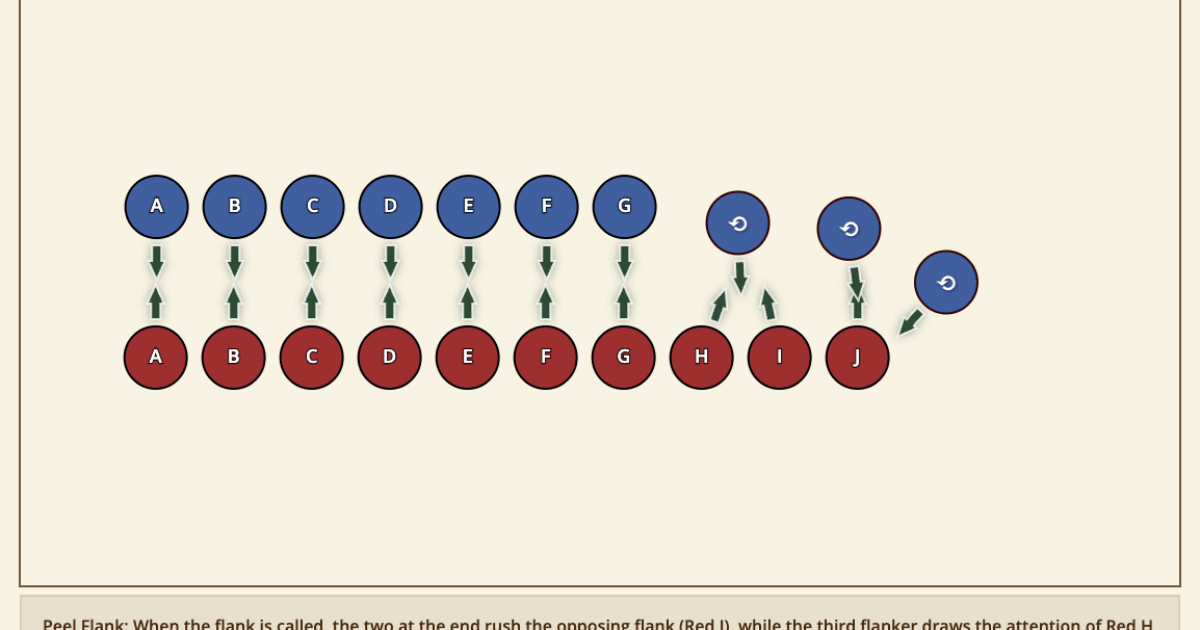With no fencing this past week, my brain went in multiple directions, which turned into two think sheets, on two very different subjects. If you haven’t figured out by now, I like to chew on a large variety of subjects. The first Think Sheet is a comparison of two theories on a group’s formation and the process they follow (both are very similar with just a few small variations). The second covers a few tips on for tournaments that I feel don’t get enough attention.

The purpose of both theories is to provide a framework for leaders and individuals to understand the life cycle of groups, from beginning to end. They have many overlapping concepts but what I find most fascinating about them is how they call attention to specific phases. I feel those can be incredibly useful shorthand for complex ideas.
Stages of Cog’s Ladder
The Polite Phase
This is when a group is newly formed (or when an individual has recently joined a group). In this phase, everyone is being polite, feeling everyone out, and coming to understand what the environment is like.
The “Why Are We Here?” Phase
With pleasantries out of the way, the group moves to figuring out what the group’s purpose or objective is. It’s difficult for group cohesion to develop if everyone doesn’t really understand the goal or even believe in it themselves.
The Power Phase
With the objective understood, individuals begin to vie for power. This normally isn’t malicious or agenda-driven. Groups just naturally form a hierarchy of sorts. This is where leaders and roles are established.
The Cooperation Phase
In the Cooperation phase, the group has finally begun to work together towards the shared objective. People cooperate, fill roles, complete tasks, etc…
The Esprit de Corps Phase
The epitome of Cog’s Ladder is the Esprit de Corps. Not all groups achieve this phase (and that’s okay), but the groups that do are the ones that go beyond the established objective. Members of the group are not just cooperating, but they feel part of something bigger than themselves. Unity and belonging is developed and their is a sense of ownership that exists within the member of the group, about the group.
Tuckman’s Theory
Forming
This is the stage where the group is established and individuals get to know one other (similar to the Polite Phase).
Storming
Group conflict is natural and a part of being a group. Tuckman’s Theory calls this out specifically to address that after a group is formed, there will be a period of time where things are shaky or difficult. Groups should embrace the storming nature of early group development so they can quickly get to the next phase (similar to the Why Are We Here and Power phases).
Norming
Once things start to get established, members settle into a normal rhythm and can begin to work together their collective goals (similar to the Cooperation phase).
Performing
The tip of Tuckman’s Theory is the Performing stage where groups have found their stride and can consistently work together (similar to the Esprit de Corps phase).
Adjourning
Not all references to Tuckman’s Theory will include this stage (because it was added on later by other scholars), but it can be an important part of group theory, which is the point that a group is disbanded. It’s important to remember because it may be appropriate to formally adjourn a group rather than letting it just fade away. This can bring closure and established life cycles to a group.
Tips for Tournaments

Tournaments have been on my mind as we await the possibility of our annual Torchlight Tourney and so I thought I’d share some “unconventional” tips. Now these unconventional tips aren’t weird or wacky by any means, rather they’re just tips that people don’t normally share when the subject comes up.
Tend to Your Well-Being
Simple common sense can be your best friend as you prepare for a tournament. You need to rest well, eat a healthy meal, and drink plenty of water. Give your body the fuel it needs to compete, but additionally recognize what fatigue is like for you personally, both physical and emotional fatigue. You should be able to recognize when you’re physically tired or emotionally spent and have a plan prepared. A classic example of this is the concept of being “hangry”. If you can tell that you’re being crabby and you know food helps, pack a snack.
Address Emotions before Technique
Tournaments put each of us in a competitive mind set, but we often put skill and technique ahead of our own headspace. You want to have a good handle on your emotions and mentality before you start worrying about technique and skill, otherwise what is in your head might just get in the way of your performance.
Set Process Goals instead of Outcome Goals
The pressure of expectations can be absolutely crushing, if we allow it. For that reason, learn to set Process goals, or goals that focus on actionable things that happen during the tournament, instead of Outcome goals, which are all about the end results. It’s like monkey bars. Don’t set the goal to get to the other side. Set the goal to get to the next bar…and the next…and the next. Remove the idea that winning is the only way of being successful.
Find a Coach/Be a Coach
Finally, don’t go into a tournament alone. Ask someone to be your Coach and offer to be their Coach too. As a pair, you can work together, watch out for each other, and support one another through the stress and pressure a tournament brings. When you give advice and discuss each other’s fencing, focus on simple, positive advice. Talk about the ‘DO THIS’s instead of the ‘DON‘T DO THIS’s. It’s easy and less stressful to try to do something than worrying about not doing something.

